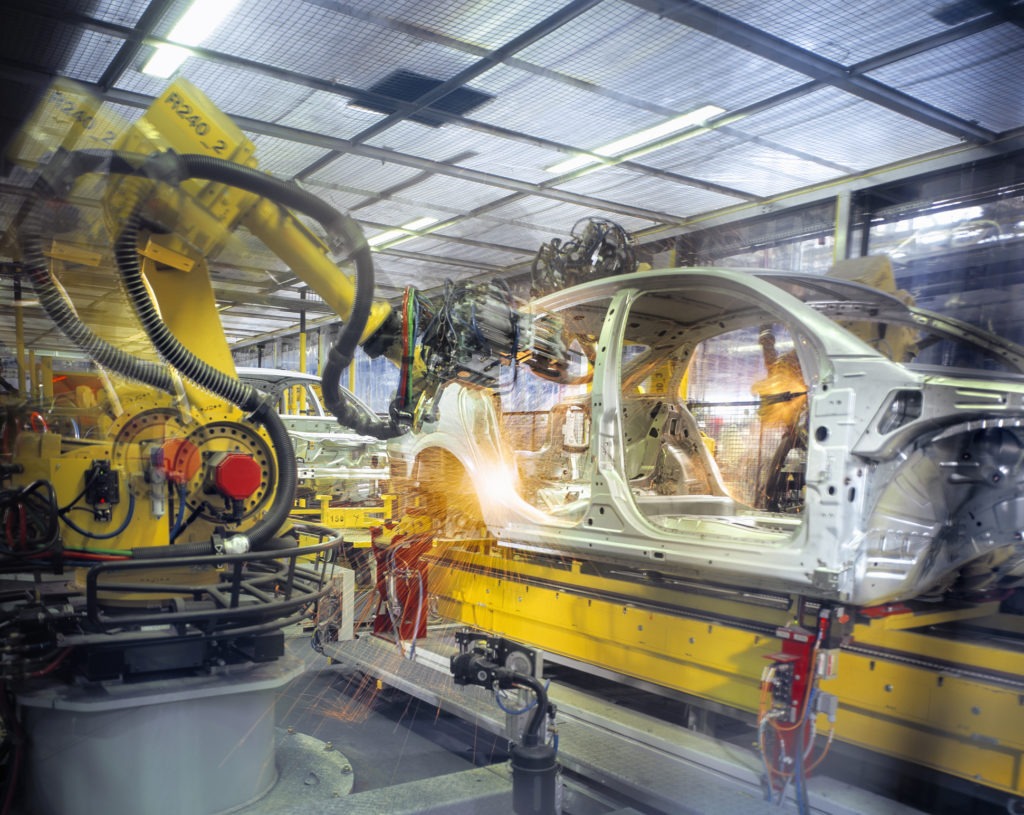Falsified quality data from steel supplier could lead to automotive safety recalls
18 October 2017

18 October 2017
A scandal surrounding a steel company could have implications for the automotive industry with a number of manufacturers beginning checks on various parts in the manufacturing process.
Kobe Steel has issued an apology following the revelation of the company issuing false inspection data, which means the quality of steel supplied to car makers could be flawed. The chief executive of the company has stated that the issue may have spread beyond the company’s base in Japan, and that the steel manufacturer now has ′zero credibility’.
The practice is said to go back for nearly a decade. The company works with several major car manufacturers including Toyota, Honda, Nissan, Mazda, Mitsubishi, Subaru, Ford and General Motors.
Kobe Steel said data had been falsified to make the metals look as if they met quality standards. The false data has been linked back to four aluminium factories in Japan, executive vice president Naoto Umehara confirmed. The company is now investigating the practice, but says so far there have been no safety concerns.
The potential spread has been highlighted with manufacturers General Motors and Ford conducting checks to see if their cars contain falsely certified parts or components sourced from the firm, Japan’s third-biggest steelmaker.
′General Motors is aware of the reports of material deviation in Kobe Steel copper and aluminium products,’ the company’s spokesman Nick Richards said. ′We are investigating any potential impact and do not have any additional comments at this time.’
Toyota has confirmed that it has used aluminium with falsified strength and durability ratings in its doors and other exterior areas, with the company stating that it will be working quickly to identify which models are affected. Honda has also confirmed it has used such materials in its doors and bonnets, while Mazda and Mitsubishi are investigating as well.
Mitsubishi CEO Osamu Masuko said: ′The number of parts from suppliers which we’ve been told have been affected by the Kobe Steel issue has been increasing, and this is increasing our workload. We are working with our parts suppliers to get a full picture of the impact.’
Improper quality parts could affect vehicle safety, especially if steel used in doors and bonnets is weakened. Should any quality issues be found by manufacturers, it could lead to a large number of recalls.
The scandal is one of several to have embroiled Japanese manufacturers in recent years, and has called the country’s reputation for quality control into question. The car parts maker Takata has paid €850,000 in fines in connection with defective airbags that have been blamed for at least 16 deaths worldwide. Over 30 million cars have been recalled and the company is facing bankruptcy as a result, with assets being sold on.
Earlier this month, Nissan recalled all 1.2 million new cars it sold in Japan over the past three years after discovering that final vehicle inspections had not been performed by authorised technicians.